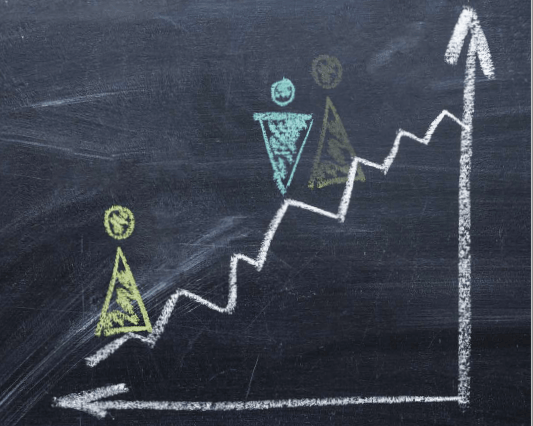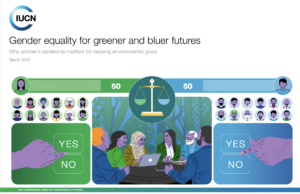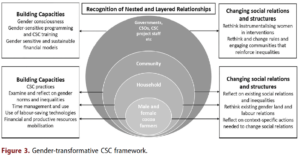The Gender Social Norms Index (GSNI) measures the prevalence of biased social norms that impede gender equality. This report presents an update of the GSNI based on the most recent data for 2017–2022.12 Using data from 80 countries and territories covering 85 percent of the global population, the 2023 GSNI paints a portrait of dominant and widespread gender-based biases across countries and time. This report pays special attention to biases against women’s economic empowerment and political participation, argues that gender social norms can and do change and suggests how we can advance this change.
The GSNI quantifies biases against women, capturing people’s attitudes on women’s roles along four key dimensions: political, educational, economic and physical integrity. The index, covering 85 percent of the global population, reveals that close to 9 out of 10 men and women hold biases against women. Nearly half the world’s people believe that men make better political leaders than women do, and two of five people believe that men make better business executives than women do. Gender biases are pronounced in both lower and higher Human Development Index (HDI) countries. These biases hold across regions, income levels and cultures—making them a global issue.
Source: UNDP



